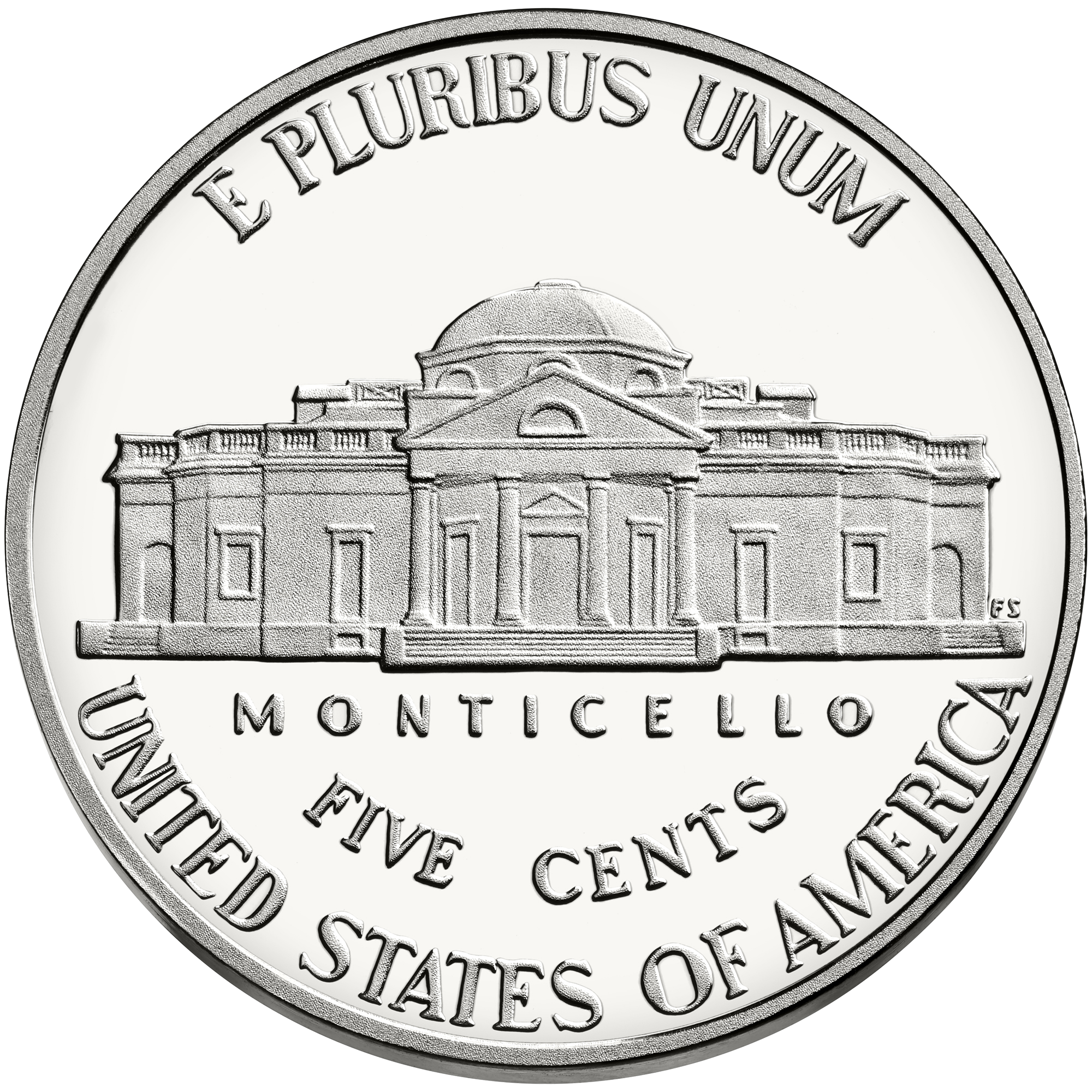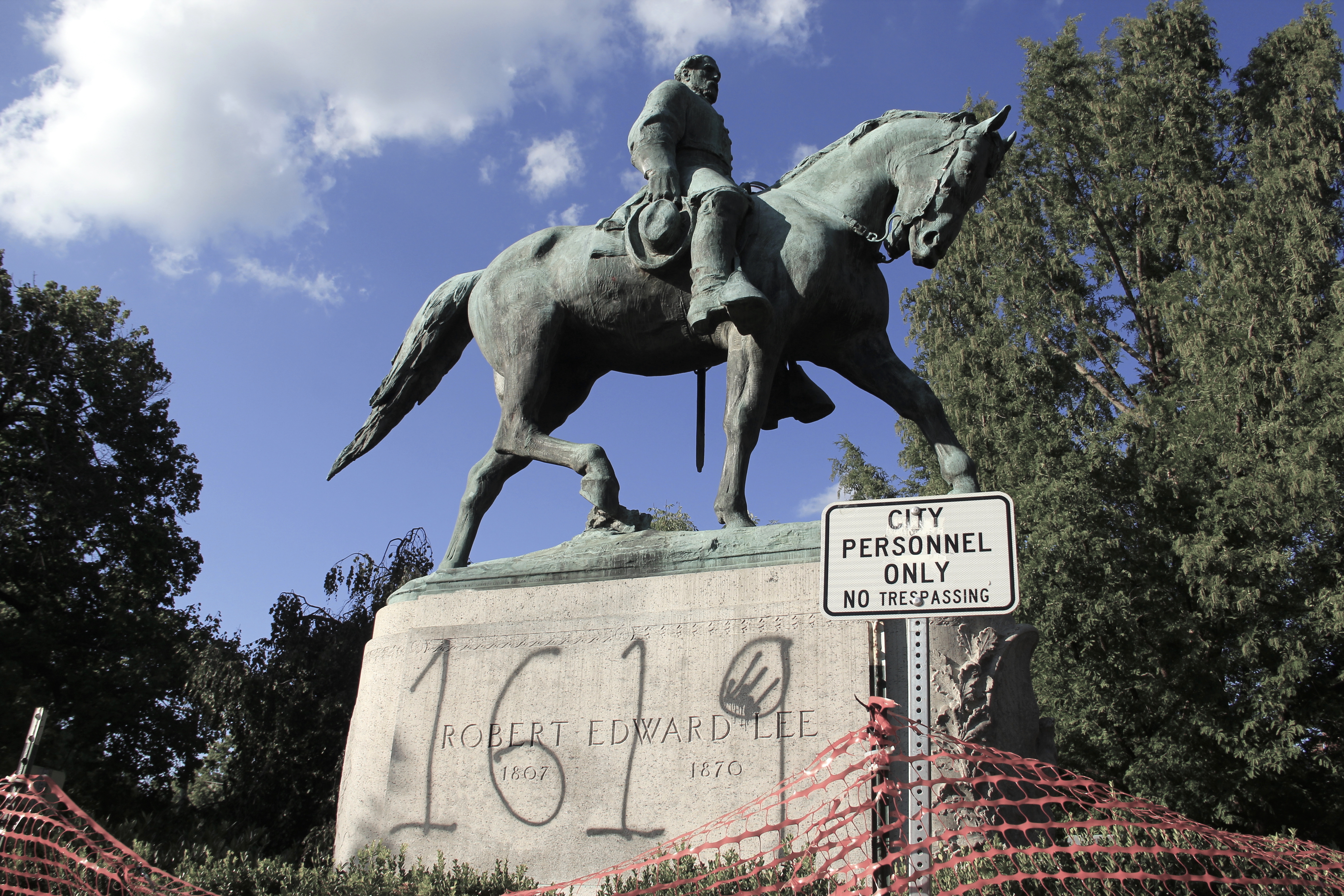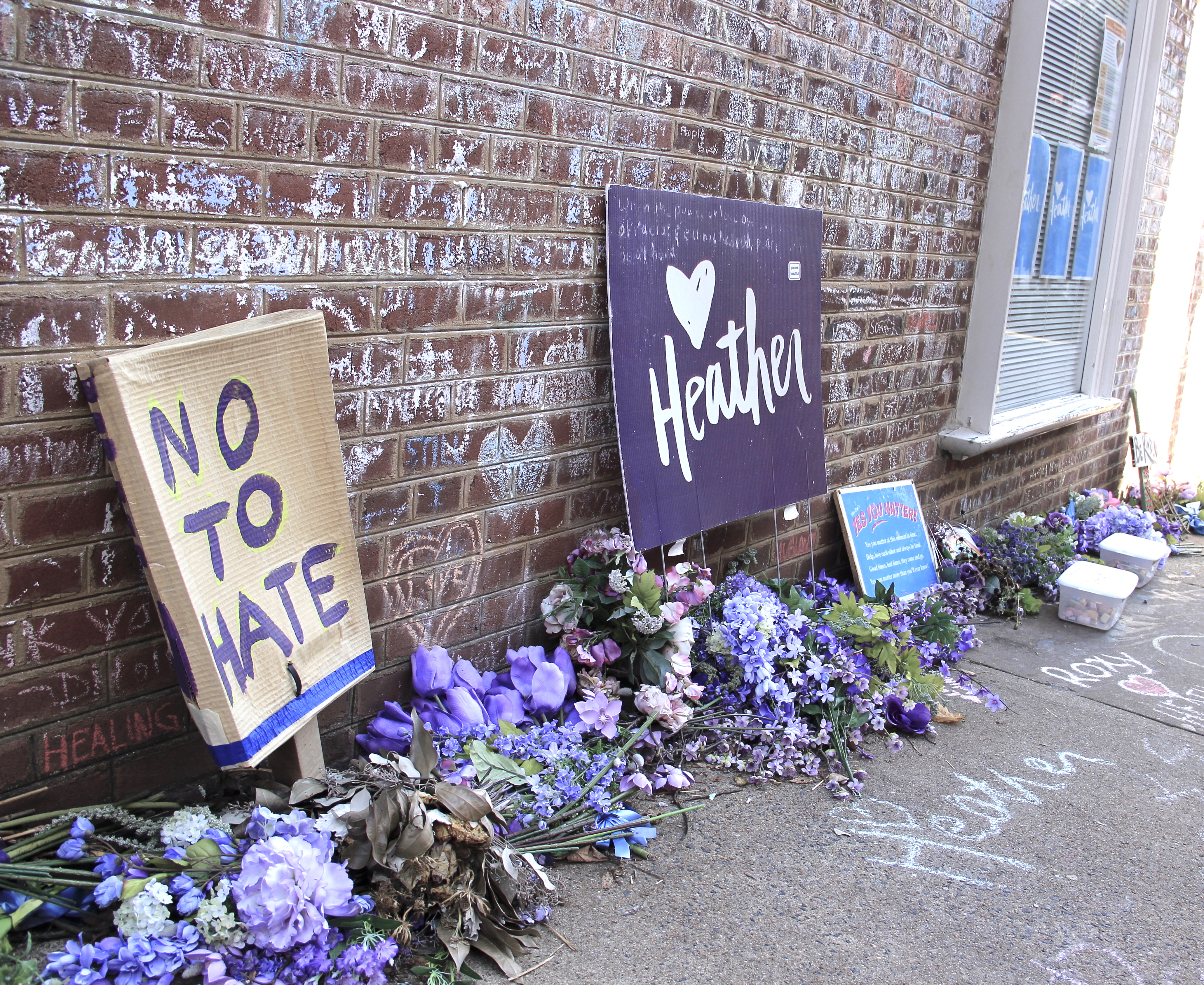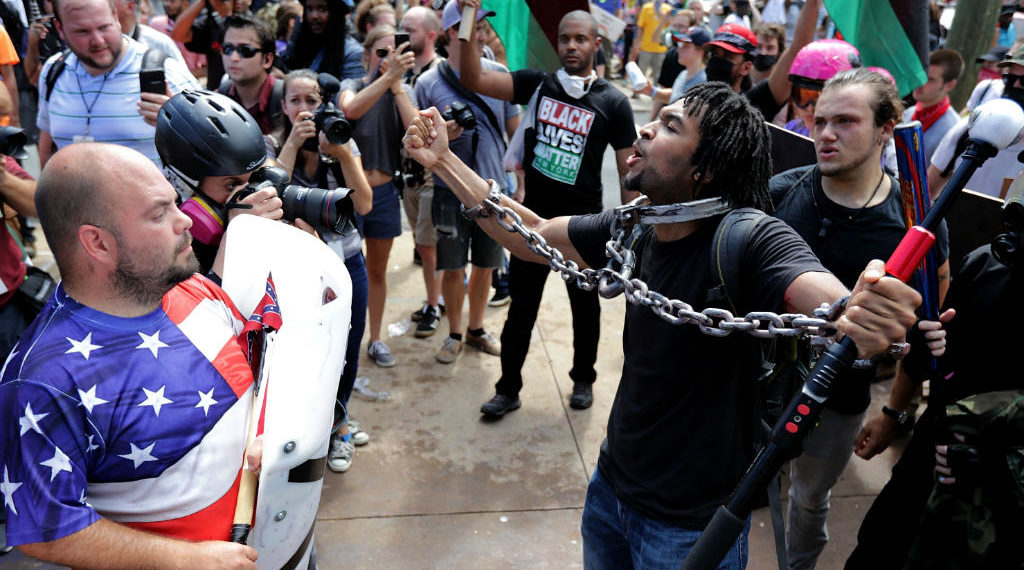Two years after the Unite the Right rally, Charlottesville continues to struggle with legacies of racism and slavery. After paying a visit to Thomas Jefferson’s Monticello estate, the solution is clear. Directly confronting America’s dark history is the best way to address today’s problems.
The silver nickel is the perfect mirror of American history. On one side, Thomas Jefferson stares into the void. A Founding Father who paraphrased English philosopher John Locke, he embedded the notion of “life, liberty, and happiness” into the declaration of independence. Jefferson altered Locke’s original formulation, changing property to happiness. He was a visionary who championed the inalienable rights of man and advocated the separation of church and state.

Flip the coin and see a private mansion, Monticello, an intriguing symbol for public currency. At one point, Jefferson was one of the wealthiest men in Virginia, and his house spared little expense. The neoclassical estate unfolds as a mélange of architectural features cobbled together from his European travels. It stands as a testament to his architectural imagination with soaring ceilings and skylights.
From the estate, one can glimpse apple orchards, the rolling verdant hills of the countryside, and the colonial streets of Charlottesville below. The old guided tour used to stop here. A hagiography to a Founding Father. Today, the visitor is exposed to Monticello’s problematic past.
In 1619, Virginia formalized the dehumanizing institution of slavery. Around 12 million innocents were kidnapped from their homes and crammed into tiny boats like subhuman cargo, shivering, damp, and terrified. Alone. Slaves were forcibly split up and removed from their family, community, and local culture. They were now defined only by a continent, Africa.
Around 15 to 20 percent of them never made it back to dry land. For those who did complete the two to three-month journey, worse tribulations awaited.
Slavery and Thomas Jefferson
After being auctioned like meat, several arrived at Mulberry Row, Monticello’s slave quarters. Some 600 slaves worked on the plantation over Jefferson’s lifetime. Backbreaking work from sun-up to sun-down in sweltering, humid conditions, six days a week. Minimal food and housing. Whipped for working too slowly. Whipped for looking quizzically at the overseer. Whipped because they were property, not human.
After his wife passed away, Jefferson took a slave mistress, Sally Hemings. It is difficult to argue any sexual relationship between a slave and plantation owner was consensual, and there was ample evidence a teenage Sally would have preferred to stay in France after traveling there with Jefferson.
Most, if not all, of her six children were fathered by Jefferson. Despite calling slavery a “deplorable entanglement” and an “abominable crime” and despite proclaiming the irrevocable freedom and liberty of man, Jefferson kept his mistress and children as slaves, only freeing some much later in life.
What are we to make of our former president? Founding father, president, architect, slave owner, and rapist?
Too often, we are told to treat historical figures as superheroes, but history is more complicated. Good history is frequently discomforting, highlighting the gaps between ideals and reality. These shortcomings should not mean we abandon our principles; they just reveal how much progress remains. When we look at our past and cringe, it means we have evolved from our predecessors.
Confederate Monuments and Charlottesville
Two years have passed since white supremacists rallied in the sleepy, college-town of Charlottesville. Armed with tiki torches, protesters marched through the streets chanting “Jews will not replace us” and “White lives matter,” among other grotesque racist bile. Ostensibly, the protesters chose Charlottesville to protest the proposed removal of several Confederate monuments.
These monuments were commissioned in the early 20th century and most frequently appeared in two periods: after the Supreme Court’s 1896 landmark decision to validate segregation and during the Civil Rights movement in the 1950s and 60s. They occupy key public spaces and parks. Many were located on courthouse grounds. Justice is not blind. The statues to rule-breaking secessionists, who killed compatriots to uphold slavery, tower above the spectator and are designed to intimidate, not preserve history.

In the orgy of hate and violence accompanying the Unite the Right rally, a white nationalist drove his car into a crowded street of counter-demonstrators, murdering the young paralegal Heather Heyer. President Donald J. Trump dithered while assessing blame via Twitter and in a press conference. Critics and supporters argued over the police response and city council, but the facts were glaringly apparent. An innocent, admirable woman was murdered.
Over 150 years after the abolition of slavery, 60 years after the end of segregation, and fresh off our first African-American president, the United States still has a problem with racism.
Racial Disparities
While the events of Charlottesville provoked national soul-searching, the city is still reeling. Residents are torn between recognizing the role local Virginians played in the alt-right rally and blaming the high-profile outsiders who descended on their town like locusts. But the problems go deeper than one march.
The city’s mayor noted that Charlottesville is “beautiful physically and aesthetically pleasing, but a very ugly-in-the soul place.” In April, a local threatened to attack Charlottesville High School and commit “ethnic cleansing,” leading to a student walkout.
The median income of white households is $60,000. For blacks, the figure is $26,000. The city is home to some of the country’s widest educational disparities. Life expectancy for blacks is four years lower than their white counterparts. Skyrocketing housing costs and exclusionary bans on multi-family housing, dating back to the segregation-era, push more lower-income residents out of town limits.

Heyer’s murderer was recently sentenced to life in prison. Fourth Street has been renamed to honor her, and an unofficial memorial encourages pedestrians to reflect, leave flowers, and write chalk messages. In the aftermath, Nikuyah Walker became the first black female mayor to lead the city. The University of Virginia, an iconic national monument designed by Jefferson, is building a slave memorial to recognize their contribution during the construction of the campus.
At the same time, a Virginia judge ruled the Confederate monuments cannot be removed because they are protected by state law. The statues remain a festering wound in the heart of the city center. The council cordoned off the area, but the date 1619 is graffitied at the base. No formal display critiques or explains the contentious legacy.
Importance of History
The lingering ills of slavery are a national problem, not just in Charlottesville. We are still fighting over what our historical figures mean. How do we adequately contextualize history, and how do we directly face uncomfortable truths? How can we use a more profound historical reckoning to immediately tackle the injustices and inequalities of today?
If history is complex, history is also incomplete. Monticello seems to proffer the solution. Until we have an honest conversation with the past, we cannot hope to fix the future.
Disclaimer: The views and opinions expressed here are those of the author and do not necessarily reflect the editorial position of The Globe Post.





















